Quick Links
Summary
- The rule of not feeding gremlins after midnight is finally explained in the animated series Gremlins: Secrets of the Mogwai.
- The show reveals a myth-and-magic explanation for the rule, tying it to astronomical phenomenon for a viable line between safe and unsafe feeding times.
- The explanation reinforces the idea that gremlins are creatures of magic and folklore, obeying the laws of fairy tales rather than scientific rules.
The three rules of care for the mogwai in Joe Dante's Gremlins were relatively straightforward. Keep them out of sunlight, don't get them wet and, most importantly, don't feed them after midnight. The Peltzer family found it frustratingly hard to follow the rules, and their carelessness quickly demonstrated how, without proper care, something sweet and cuddly could become a nightmare.
There is, however, an odd logic hole in the three rules, especially in light of what happens to gremlins after midnight. While sunlight and water could be feasibly explained through the gremlins' physiology, the midnight admonition makes no sense. Though compelling and carrying the right sense of supernatural foreboding, it simply can't be applied in anything resembling a practical way. The 2023 animated series Gremlins: Secrets of the Mogwai leans into that notion rather than evading it and, in the process, finally answers a long-standing point of pop-culture frustration.
Updated by Robert Vaux on January 16, 2024: The Gremlins franchise received a major infusion of canon content with the release of Gremlins: Secrets of the Mogwai animated series. That includes a definitive answer as to why they can't be fed after midnight, as a part of the species' extended background, which the show spells out. Accordingly, a new section has been added to the article, and minor modifications have been made to the existing text to reflect the new canon. The article has also been reformatted to match current CBR guidelines.
Why Gremlins Can't Eat After Midnight
|
Title |
Budget |
Box Office |
Tomatometer Rating |
MetaCritic Metascore |
|---|---|---|---|---|
|
Gremlins |
$11,000,000 |
$153,898,890 |
86% |
70 |
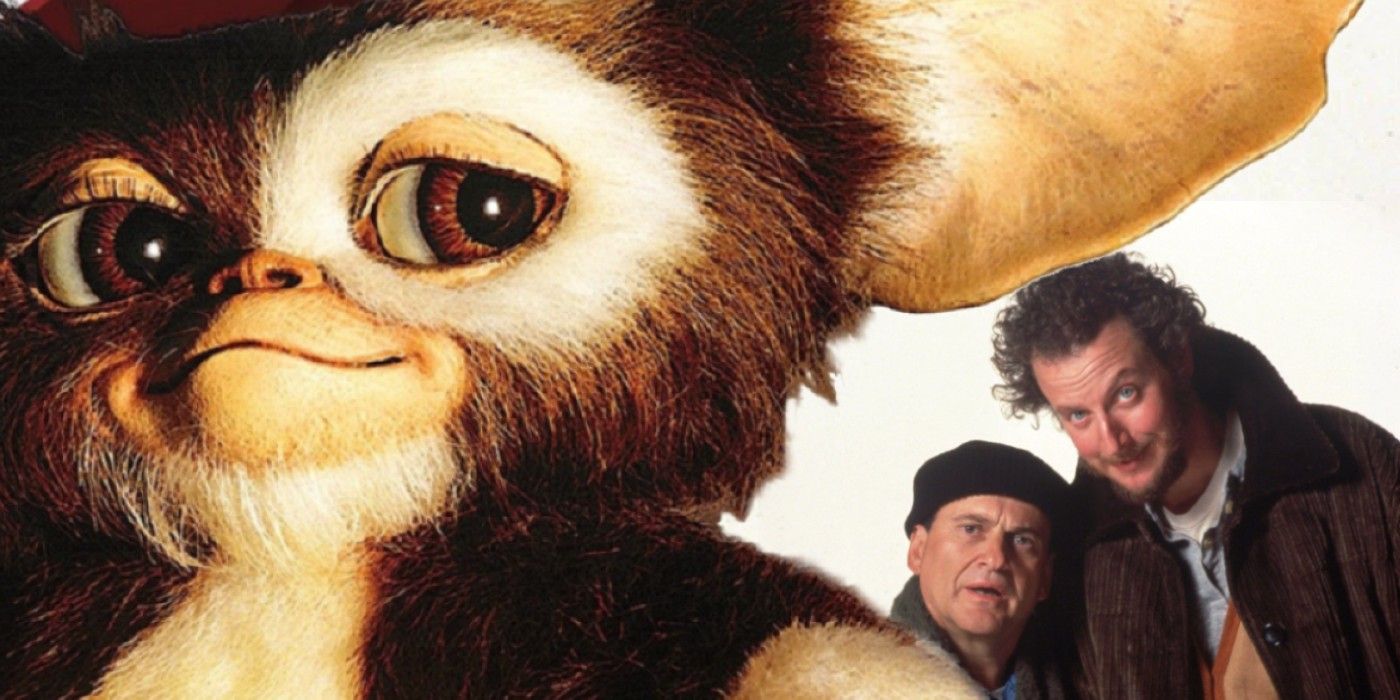
Gremlins 3 & 9 Other Holiday Sequels & Spinoffs That Never Happened
A movie franchise can be the gift that keeps on giving, but Gremlins 3 and countless other seasonal sequels failed to come home for the holidays.Gremlins never fully explains the reasons for the rules but rather leaves it for its protagonists to discover the hard way. Since the creatures' origins aren't explained, it could be that the practical consequences of breaking the rules have simply been forgotten. The novelization of the movie by George Gipe goes into somewhat greater detail, positing them as an alien genetic experiment gone wrong. Gizmo, the movie's lone heroic "mogwai," is the only version in the story who turned out as intended — one in 10,000, according to the novel — with the rest psychologically flawed and ultimately extremely dangerous. It's an effective means of explaining why Gizmo is unlike the other mogwai in the film, who are duplicitous and sinister, even in their cuddly early stage.
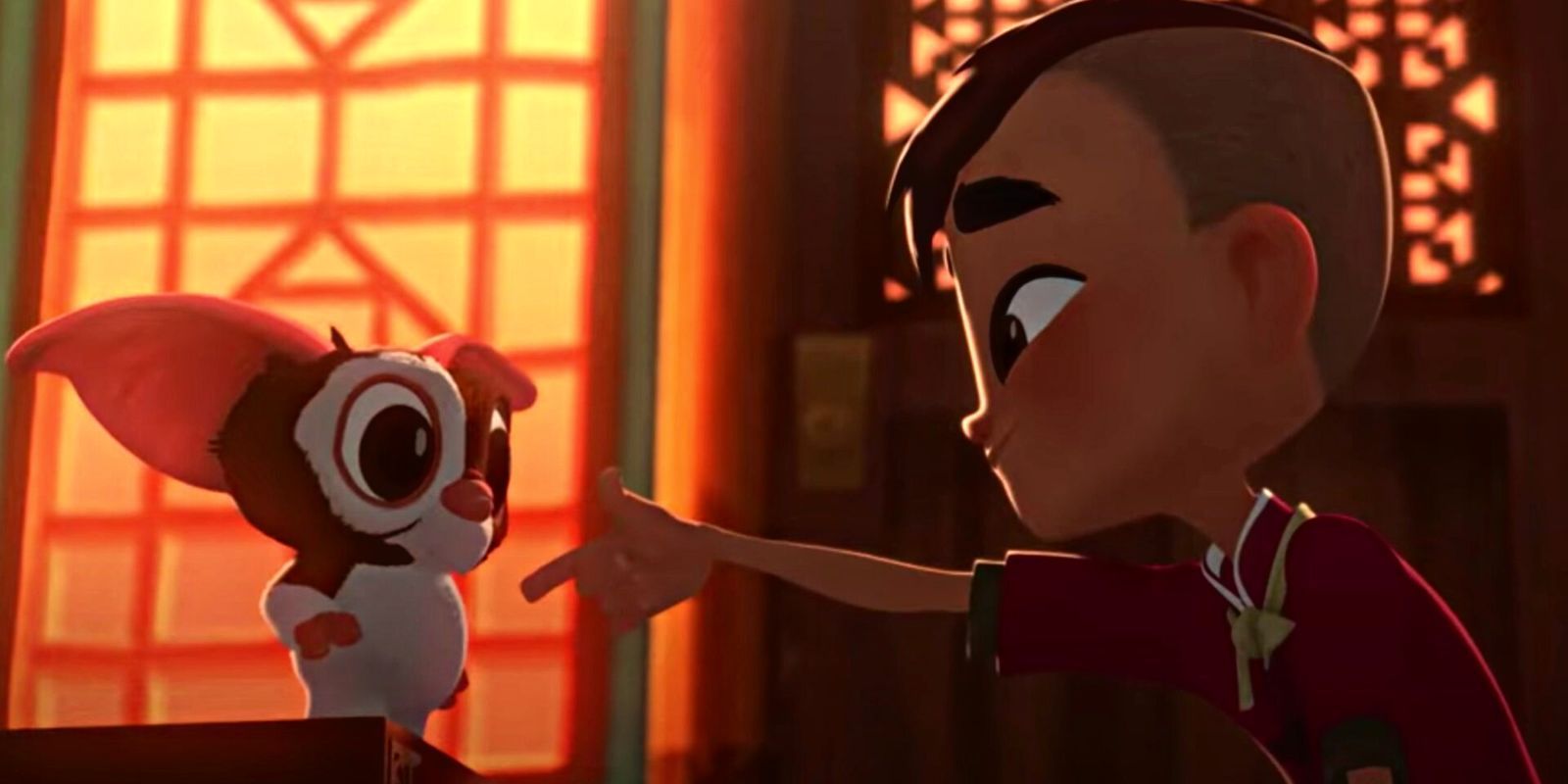
How the Original Gremlins: Secrets of the Mogwai Movie Inspired the Show
Gremlins: Secrets of the Mogwai composer Sherri Chung unpacks the influence of Jerry Goldsmith's Gremlins score on her music for the animated series.That further plays out when the midnight rule is broken, as well as demonstrating the dire ramifications of doing so. The results trigger a transformation whereby the cuddly mogwai is encased in a cocoon and emerges as a scaly green gremlin. Its ostensible benevolence is gone, and it seeks only to create chaos and mayhem, often with violent results. In the movie, the "flawed" mogwai created by spilling water on Gizmo gets around this rule by sabotaging the clock in Billy Peltzer's room so the human doesn't realize it's past 12. The mogwai in Gremlins 2: The New Batch are similarly ill-disposed (and certainly have no problems breaking the midnight rule in the film's corporate skyscraper). Gizmo, who has no intention of ever becoming a gremlin, refuses the food and remains his benevolent self in both films. That matches the specifics of the Gipe novel without getting tied down to his outer space explanation.
Why Gremlins' Midnight Rule Makes No Sense
|
Title |
Budget |
Box Office |
Tomatometer Rating |
MetaCritic Metascore |
|---|---|---|---|---|
|
Gremlins 2: The New Batch |
$30,000,000 |
$41,482,207 |
71% |
69 |
Thematically, the use of the word "midnight" is extremely potent. It speaks to monsters and dark magic, as well as things that stay hidden out of sight. It also gives the gremlins themselves a quiet sense of power and helps convey the idea that they don't necessarily follow scientific rules. It also taps into the folktale roots of the three rules and helps Gremlins convey one of its big themes of an irresponsible middle America that can't be trusted with delicate things. All of that does a great deal to help Gremlins as a story but still creates a seemingly impassable logistical issue. How is midnight measured? Does it account for clocks that are too fast or too slow? Does it refer to Greenwich Mean Time or local time? The rule might be metaphorical, meaning not to feed them before dawn, but that also makes little sense, considering that dawn arrives at different times depending upon one's location. Without more concrete details, it's impossible for the rule to be applicable. In so doing, it renders one of the movie's key points untenable.
At the end of the day, the paradox doesn't affect the story. Indeed, its nebulous nature helps increase the sense that the adorable mogwai are more dangerous than they seem. But it still sets up an unsolvable logistical issue, and while the movie's quality earns it an easy mulligan on the matter, it can be difficult to simply ignore. Gremlins 2: The New Batch made mild sport of the issue — as it did for a number of other points about the original — as characters debated hypotheticals, such as what happens when a mogwai eats after midnight, then crosses the International Date Line. The two Gremlins movies both pointedly keep the mogwai's origins a secret, which obscures the question of feeding times by default. Gipe's novelization is presumed to be non-canonical and focuses on explaining Gizmo's unusually sweet temperament rather than the particulars of the midnight rule. It's left the question very much open for the better part of 40 years.
Secrets of the Mogwai Answers the Midnight Question
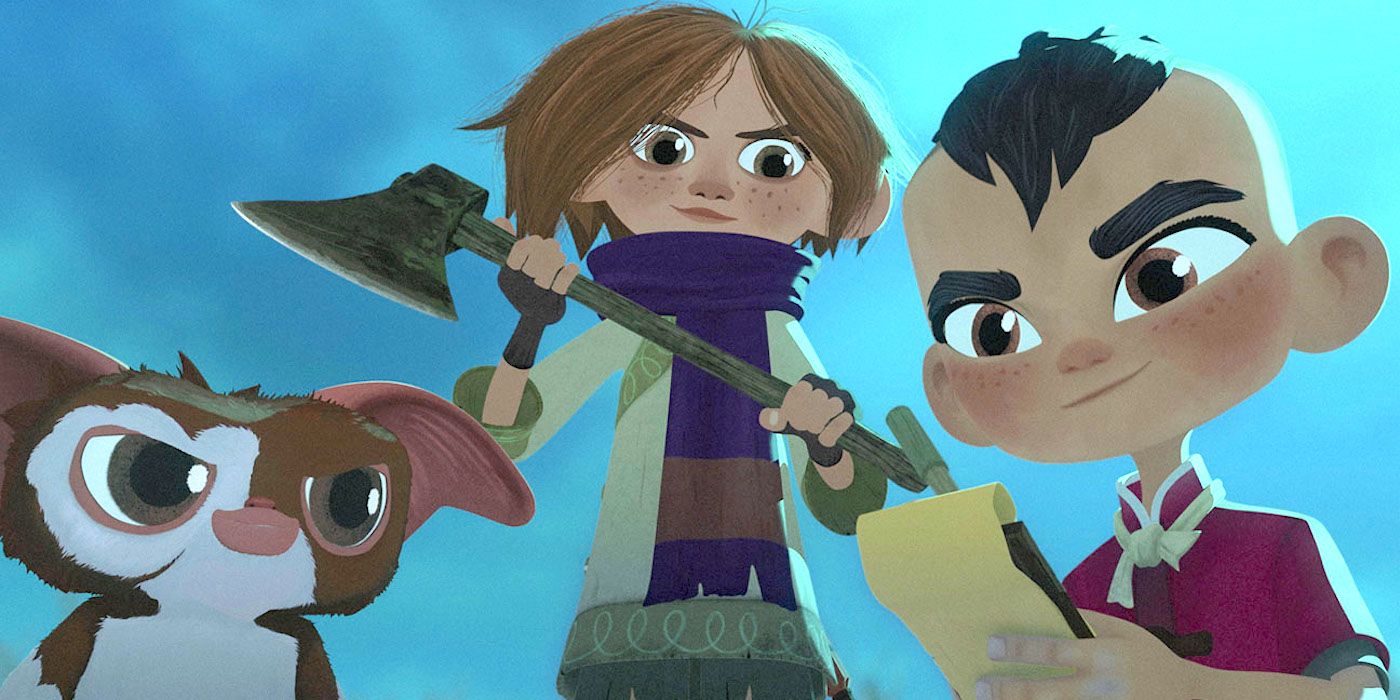
Gremlins: Secrets of the Mogwai's Real Strength Is the Side Villains
Gremlins: Secrets of the Mogwai charts out a bombastic romp with Riley chasing Sam, Elle and Gizmo but the side villains make the story even more fun.2023's Gremlins: Secrets of the Mogwai animated series provides both a new canonical background for the creatures and a more solid explanation of why the rules work the way they do. The show serves as a prequel to the two movies, revealing how Gizmo came to be and why his species responds the way they do. It jettisons any scientific explanation in favor of a purely magical one. The two gods of creation, Nuwa and Fuxi, created them as a test for humanity. Nuwa had faith in human beings and gave the mogwai their cute forms and kind demeanor. Fuxi believed humans were mostly irresponsible and created the rules that governed them. It became a bet between them, with the loser giving up their ability to create new life. Fuxi wins — humanity keeps breaking the rules and creating gremlins — and Nuwa goes into exile with the remaining mogwai. They occupy the Valley of Jade in mainland China, which remains forever hidden from the rest of the world and contains all manner of magical creatures besides the mogwai. The series begins when Gizmo becomes separated from the others after fighting off an attacking vulture.
Season 1, Episode 6, "Always Buy a God a Drink First" goes into specifics about the midnight rule, which ties firmly into the show's myth-and-magic explanation for the mogwai. The original rule states that they cannot be fed after the moon reaches its highest point in the sky on a given night. The "midnight" becomes literal rather than relying on human-made timekeeping, and yet ties into measurable astronomical phenomenon to create a viable line between safe and unsafe feeding times. More importantly, it provides an in-universe explanation for the confusion. People shortening the rule to "midnight" is more evidence that they're too irresponsible to safely keep mogwai and has likely led to more than a few nasty surprises over the years because people were measuring the all-important time by the wrong yardstick. That makes it very much in keeping with the spirit of the franchise when even well-meaning humans can overlook key details at pertinent times.
Above all, it's in keeping with Secrets of the Mogwai's admonition that these are creatures of magic rather than science and thus obey the laws of folktales and fairy tales. Dante's movies always implied as much and focused on the narrative practicalities while leaving the explanation up in the air. The animated series clarifies the issue and perhaps puts the franchise's biggest question to bed for good. Of course, with a second season on the way, nothing is certain, especially when it comes to gremlins.
Gremlins: Secrets of the Mogwai is currently streaming on Max.
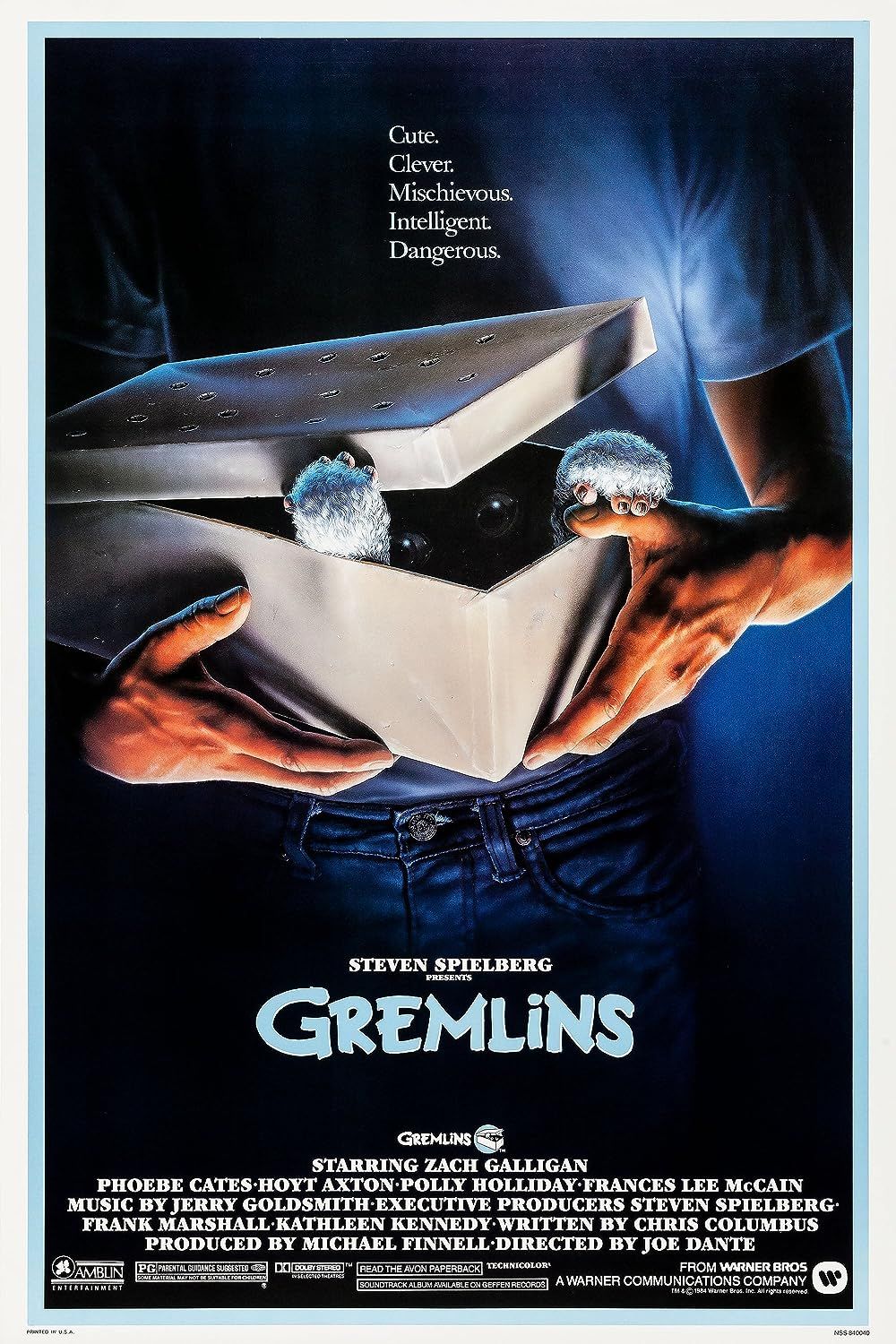
Gremlins
A young man inadvertently breaks three important rules concerning his new pet and unleashes a horde of malevolently mischievous monsters on a small town.
- Release Date
- June 8, 1984
- Director
- Joe Dante
- Cast
- Zach Galligan , Phoebe Cates
- Runtime
- 106 minutes
- Main Genre
- Horror
- Writers
- Chris Columbus

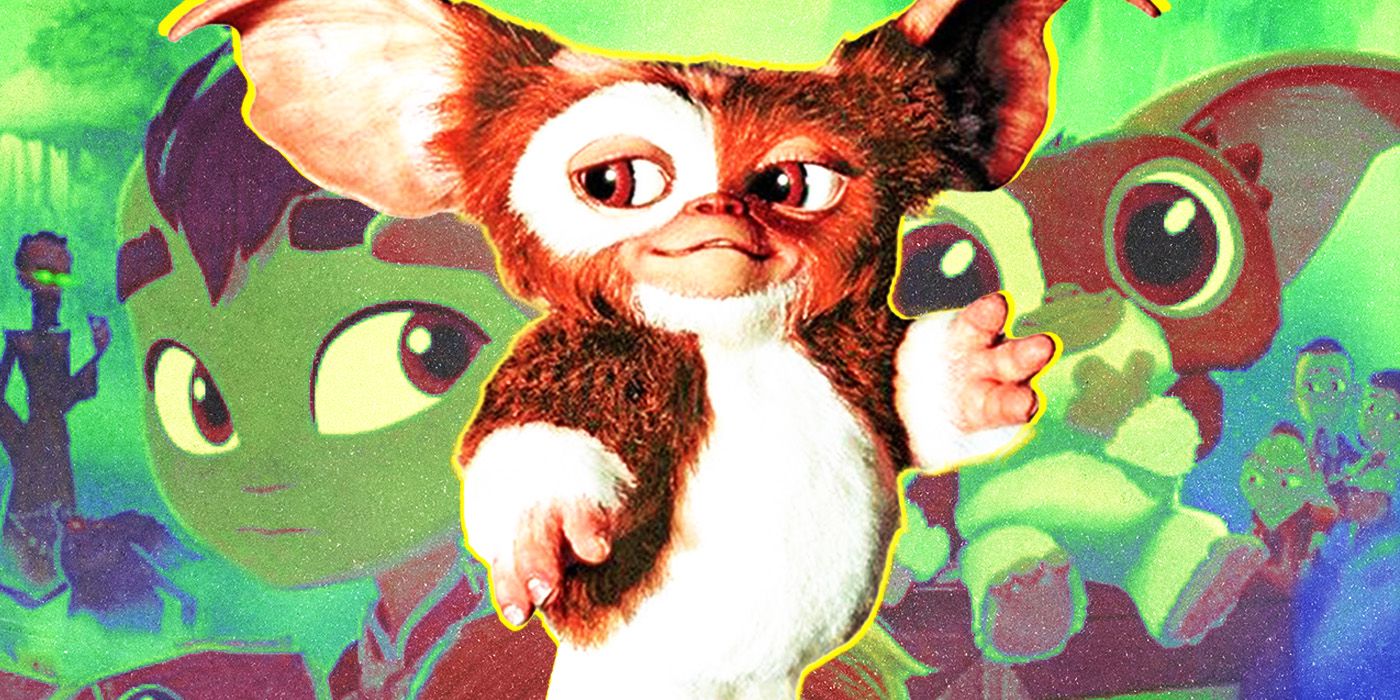
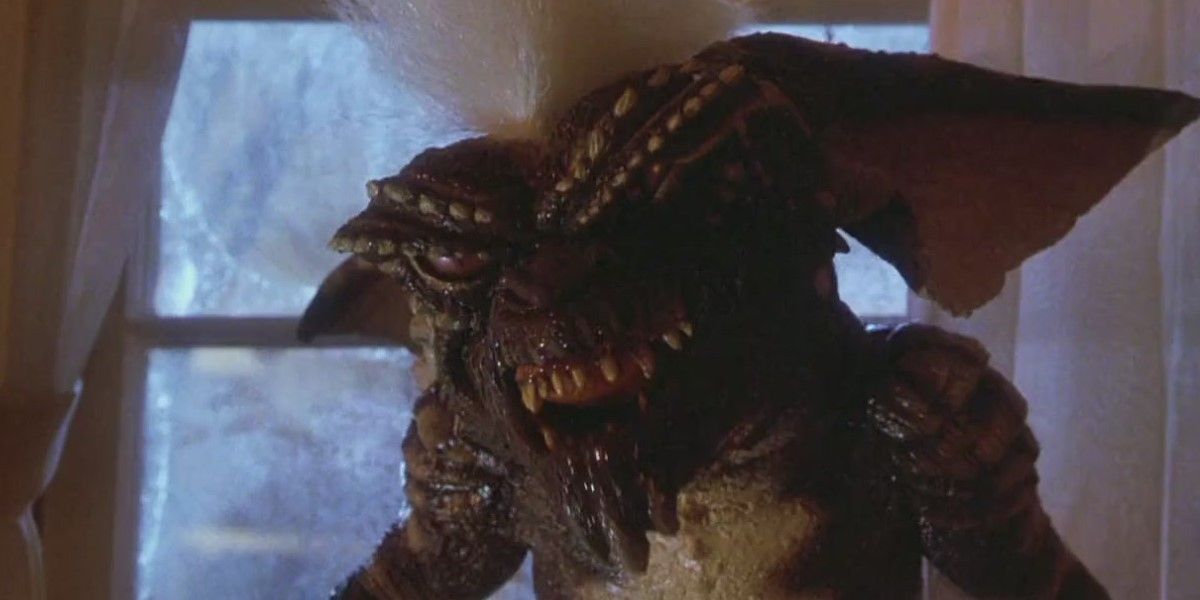
-(1).jpg)